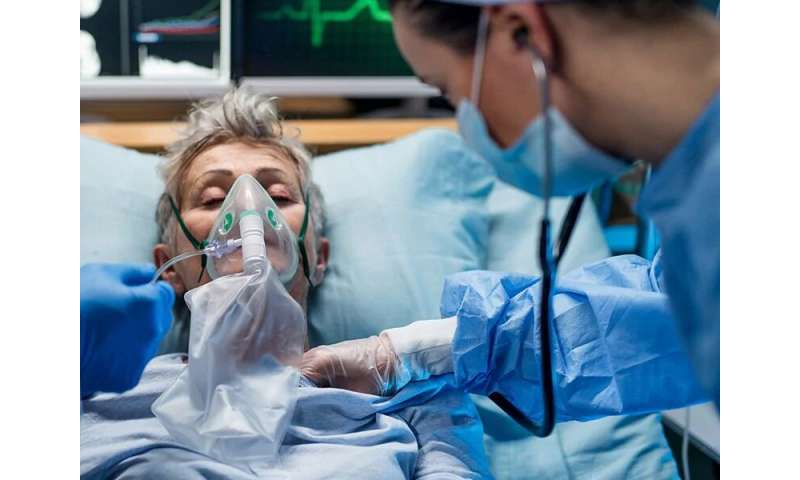
(HealthDay)—As COVID-19 pushes American hospitals to the breaking point, intensive care units are finding creative ways to deal with a looming shortage of lifesaving mechanical ventilators.
The New York-based hospital system Northwell Health has found a jury-rigged remedy: using three-dimensional (3-D) printing and high-efficiency particulate air (HEPA) filter add-ons to turn unused bilevel positive airway pressure (BiPAP) machines into much-needed ventilators. The remedy: Add a small T-shaped adapter to a Philips Respironics V60 BiPAP machine, tweak its settings to provide full breathing assistance, and outfit both ends of the BiPAP’s oxygen hose with HEPA filters to limit viral contamination.
Northwell’s newly adapted BiPAP has already been tested on a dozen patients, some with COVID-19 and some without. Hugh Cassiere, M.D., medical director for respiratory therapy services at North Shore University Hospital, said that the results demonstrate that the converted BiPAP “can be used to supply full ventilator support.” Cassiere collaborated with two Northwell colleagues on the BiPAP conversion—Stanley John, respiratory therapy director, and Todd Goldstein, Ph.D., director of 3-D design and innovation.
The team said its T-shaped adapter can be quickly reproduced using 3-D printer technology. Northwell itself can print up to 200 adapters in a single day. Cassiere’s team added HEPA filters to the tubing to reduce contamination. Northwell’s 23 New York metro-area hospitals are converting BiPAPs in anticipation of a ventilator shortage. Right now, the system still has some on hand. Northwell says it has 350 BiPAPs available, and Cassiere noted that “the conversion, with the proper adapters and settings, only takes minutes.”
Source: Read Full Article
